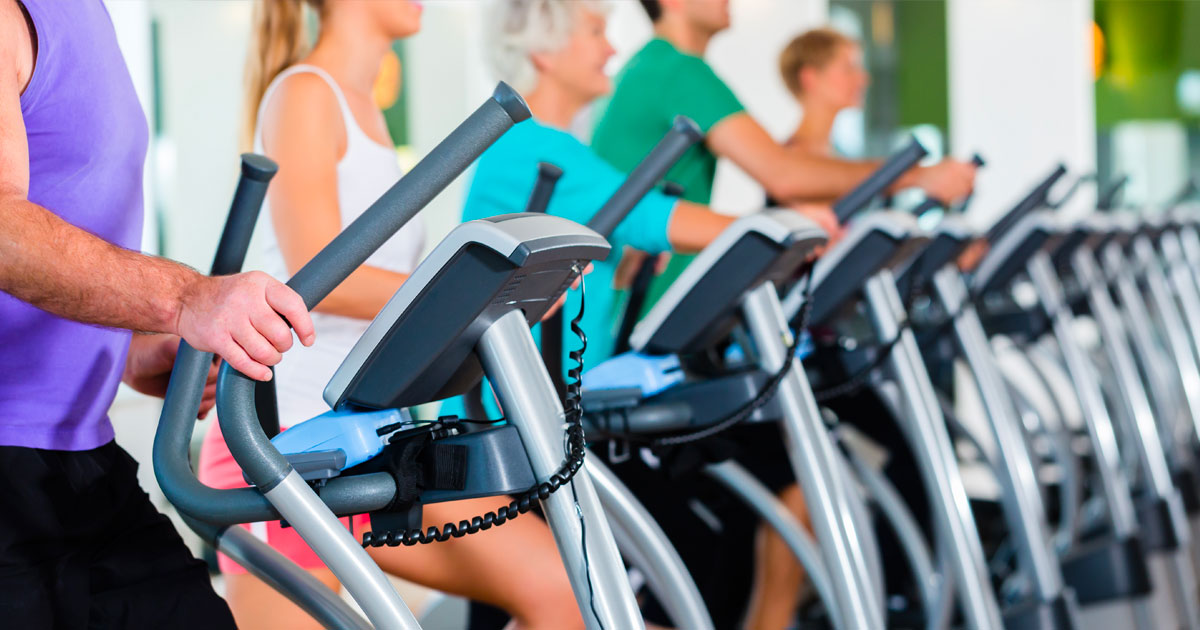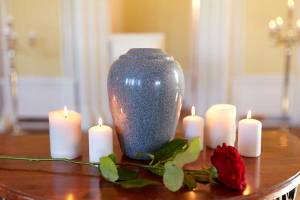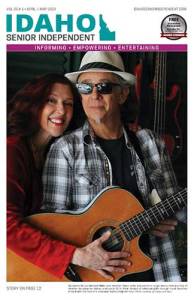By YVONNIE PHAN
Each year, many Americans, motivated to improve their physical and mental wellbeing, make the popular New Year’s Resolution to exercise more frequently. This commitment has an additional, lesser-known benefit; exercise can preserve hearing health.
Engaging in physical activity with proper safety precautions can delay or prevent age-related hearing loss, or presbycusis, which affects a quarter of adults 65-74 and half of those older than 75.
Cardiovascular exercise is vital to hearing health as one ages. A person over 50 years old without a genetic predisposition to hearing loss and who engages in cardio for 20-30 minutes five times weekly is more likely to maintain a healthy auditory system than someone with low cardiovascular activity.
In a decade-long Miami University study of 1000 subjects of all ages, those over 50 with moderate-to-high cardiovascular fitness levels maintained hearing sensitivity comparable to people in their 30s, effectively delaying presbycusis.
An additional investigation from the University of Florida affirms that routine cardio provides the necessary blood flow, oxygen, and nutrients to maintain the health of important auditory systems within the cochlea.
Lead author Shinichi Someya, Ph.D. explains that “the cochlea, or inner ear, is a high-energy demanding organ.”
Stretching and yoga are healthy alternatives to cardiovascular exercise. These activities facilitate proper blood flow throughout the body and activate the muscles.
While stretching or performing yoga poses, it’s important to focus on breathing to increase oxygen and blood flow. There are even yoga poses designed specifically for those with tinnitus.
The hearing health benefits of exercise can be negated by noise exposure or improper ear care, however.
Listening to audio through headphones at a loud volume can increase one’s chances of Music-Induced Hearing Loss (MIHL), as can the music played during exercise classes. Turning down the volume an audio device, wearing earplugs, and giving ears time to recover from loud noises can help prevent damage to the auditory system.
Those who swim are encouraged to keep their ears dry. Moisture in the ear allows for bacteria, or even fungi and viruses, to attack the ear canal, which can lead to Swimmer’s Ear and cause temporary hearing loss. Dry ears immediately and do not insert anything, such as cotton swabs, into them.
Health professionals strongly recommend everyone incorporate exercise into their daily routine. There are many benefits in maintaining a consistent exercise regimen and we can now add hearing loss prevention to the list.
Before starting a new fitness routine, consult a physician to assure the routine is safe and suitable for your health.
Yvonnie Phan is Marketing & Communications Intern for Hearing Health Foundation (HHF), the nation’s largest nonprofit funder of hearing research with a mission to prevent, treat, and cure hearing loss. Her article was originally published on HHF’s website.










